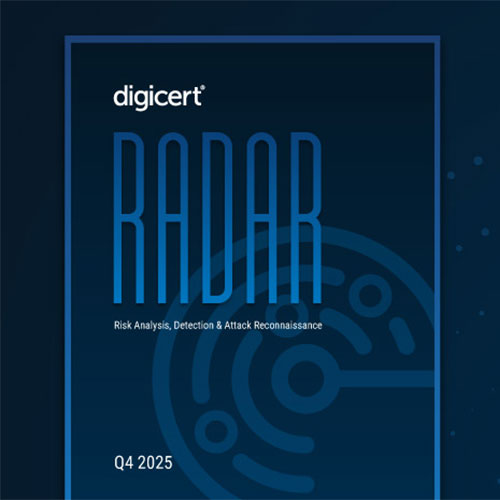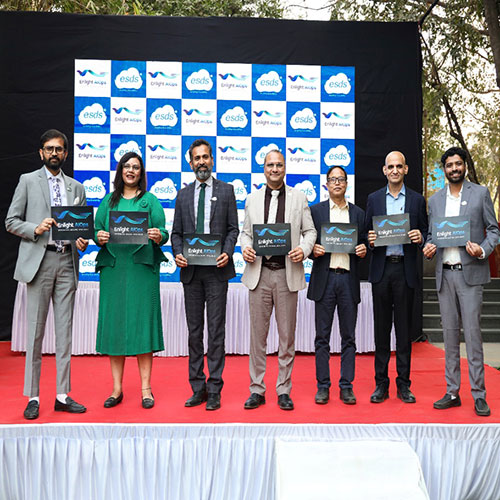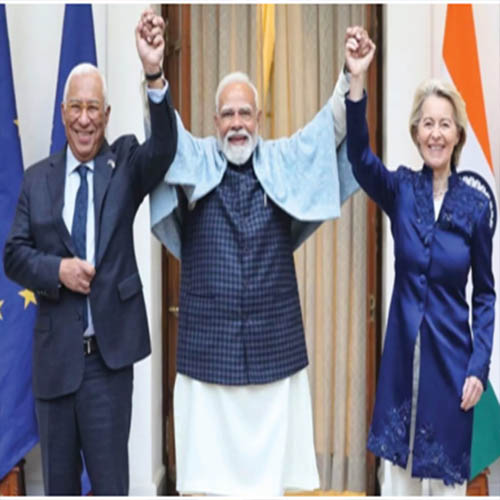
By Major General Dr. Dilawar Singh
In the aftermath of the Pahalgam terror attack and the ensuing India-Pakistan military escalation, India’s national security debate has shifted beyond border tensions to vulnerabilities within its critical infrastructure. At the heart of this growing concern lies Çelebi Aviation, a Turkish ground handling and cargo operator with deep access to India’s busiest airports. This case now symbolizes the broader challenge of balancing global business engagement with national security imperatives amid hybrid warfare threats.
Çelebi’s Strategic Foothold in India’s Airports
Operating since 2008, Çelebi manages ground handling at nine major Indian airports, including Delhi, Mumbai, and Hyderabad. Their privileged access to restricted airside zones—particularly at Delhi’s Indira Gandhi International Airport—has raised red flags. The Çelebi cargo terminal directly overlooks the VVIP technical area housing the Prime Minister’s aircraft and military intelligence assets. Concerns amplify given the company’s alleged 10% ownership link to Sumeyye Erdoğan, daughter of Turkish President Recep Tayyip Erdoğan and spouse of Baykar drone manufacturer Selçuk Bayraktar.
Turkey’s Defense Exports & Regional Proliferation
Turkey’s defense industry has witnessed exponential growth, with exports reaching $7.1 billion in 2024, supplying drones and military technology to Pakistan and Bangladesh. Turkish support has been instrumental in enhancing Pakistan’s military capabilities, with confirmed deliveries of drones and equipment during the recent India-Pakistan tensions. Similarly, Bangladesh’s deployment of Turkish Bayraktar drones near India’s borders underscores the regional implications of Turkey’s expanding defense outreach.
Airport Security: Strategic Risk Amplifier
Ground handling and cargo operations are critical vectors for security breaches. Global experts highlight that foreign operators with defense links or geopolitical affiliations must be subject to the highest scrutiny. The ability to observe VVIP movements, map operational protocols, or gather sensitive intelligence elevates Çelebi’s presence from a commercial venture to a national security concern.
Historical Opposition & Political Backlash
Çelebi’s entry into India was contentious post-2008 Mumbai attacks, with repeated objections from political entities like Shiv Sena and aviation unions. These concerns, long sidelined, have resurfaced with renewed urgency amid rising Indo-Turkish tensions. Public sentiment has turned sharply against Turkey, with travel companies suspending collaborations and calls for economic sanctions intensifying.
Wider Turkish Investments Under Review
Beyond Çelebi, Turkish companies are involved in India’s infrastructure, metro rail, and strategic projects. Recent assessments are reevaluating these engagements, with enhanced scrutiny on foreign entities linked to adversarial governments operating in sensitive sectors.
A Clear and Present Danger to Sovereignty
The proximity of Çelebi’s operations to India’s most sensitive assets, coupled with Turkey’s active military support to Pakistan, represents a serious conflict of interest. This isn’t merely a business oversight but a strategic vulnerability. Intelligence officials warn of the compounded risk posed by such operational access in times of conflict.
Policy Imperative: National Security Over Commerce
The Çelebi controversy is more than a corporate issue—it’s a litmus test for India’s strategic foresight. Democracies must remain open to global business but not at the cost of sovereignty. With hybrid threats blurring lines between commercial interests and geopolitical agendas, India must prioritize security through stringent oversight, robust regulatory frameworks, and decisive policy actions.
The time for reactive measures is over. A comprehensive, forward-looking strategy is essential to safeguard India’s critical infrastructure and national interests.
Major General Dr. Dilawar Singh is an Indian Army veteran and Senior Vice President of the Global Economist Forum (UN ECOSOC). He is also Co-President of the Global Development Bank.
See What’s Next in Tech With the Fast Forward Newsletter
Tweets From @varindiamag
Nothing to see here - yet
When they Tweet, their Tweets will show up here.





























